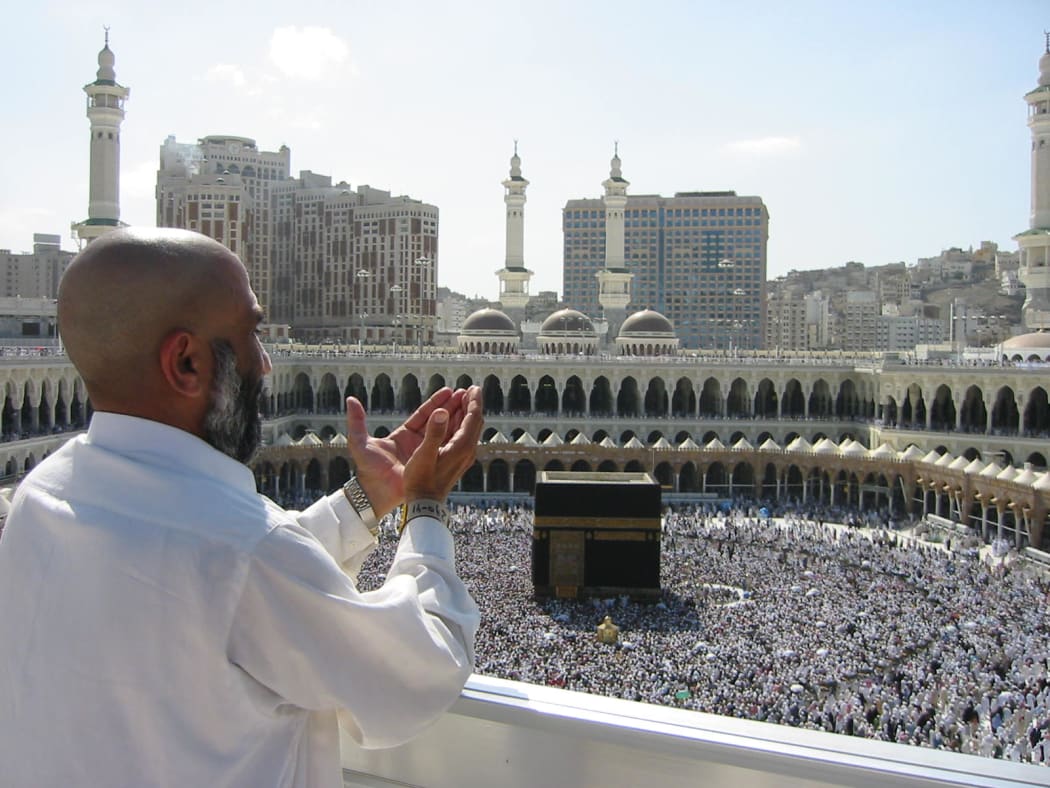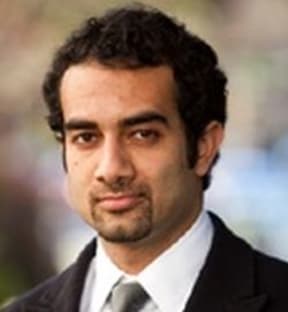Political scientist and author Shadi Hamid is challenging the idea that Islamism will someday settle on a more secular path to fit in with western ideas of democracy.
His new book Islamic Exceptionalism: How the Struggle Over Islam is Reshaping the World explores why religion and politics cannot be easily separated for Muslims.

Photo: wikicommons
Mr Hamid says unlike in most other major religions, in Islam it is almost impossible to separate the two, and this makes it a major stumbling block to integrate pre-modern Islamic law into modern society.
He says for those looking for an explanation for the rise of Islamic State (IS) recognising the fundamental quest for an Islamic political order is a good place to start.
It is wrong, he says, to assume a kind of Islamic reformation will take place where reformation leads inexorably to enlightenment, secularism and then liberal democracy.
Much current thought tends to superimpose that model - one that was the experience in Christian western societies - on Islam.
“Part of what I want to do is challenge the idea that all people want to end at the same end point of liberalism.”
Islam emerged from a very different place to that of Christianity and it still informs Islamic thinking today, he says.
“You have to go back to the founding moment of Islam 24 centuries ago. unlike Jesus, Prophet Muhammad was a politician, he wasn’t just a cleric, he was also a head of state; a state builder.
“So naturally the Koran is going to have more to say about law and governance than the New Testament; Jesus was never in a position to govern.”
From the very first moment of Islam the religious and political were intertwined, he says.
For that reason, secular Muslim reformers in the Middle East today have an uphill battle, because if they argue against the prophetic model it’s unlikely to gain mass traction among ordinary Muslims.

Shadi Hamid Photo: Supplied
In Christianity there is no equivalent to Sharia law, Mr Hamid says.
“Muslims go further than the Koran being the word of God, they would argue that it’s God’s actual speech, every letter and word is directly from God with no human mediation or experience. It’s different in the Bible where you have an acknowledgement of human authorship.
“If something is directly God’s speech, you have to be more careful how you deal with it.”
Observant Muslims believe the Koran is divine, a miracle directly from God.
“If you lose that, then the rest of the religion doesn’t really have much coherence and integrity. Religions mean something, they matter they can’t be anything we want them to be.”
Although there are different ways of practising, most Muslims want Islam to play a role in public life, he says. Although they may disagree about what that role is.
“There are very few people in these countries arguing for a full separation of religion from politics.”
A distinction must be made, he says, between Islam and Islamism.
Islamist groups are those that believe Islam or Islamic law should play a central role and go out of their way to emphasise that identity, don’t define themselves according to class or economic concerns.”
He says in Muslim countries; democracy rather than secularism is the answer.
In the west, where there are not Muslim majorities, secularism will probably hold sway, although there are tensions in Europe about the public display of religious adherence – such as the burka in France.
Conflicts are more likely in the Middle East even in countries with Muslim majorities, he says, where there are fundamental disagreements about the role of Islam in public life.
“The meaning of the nation state in countries like Egypt and Jordan, the role of religion in public life hasn’t been resolved.
“You see that very clearly in the most populous Arab country – Egypt.”
He says the only real hope is to let these tensions play out through the democratic process.
“People might disagree with Islamists, but they must have a seat at the table. They should be able to participate in the democratic process.”
He says that was one reason the Arab Spring uprisings failed because Islamist views were not acknowledged.
“Religion is very raw, it’s existential, it’s almost metaphysical, you’re not debating tax policy or the environment - you’re debating the way you relate to God.”
As for groups like IS; they’re here to stay as you can’t kill an idea.
“ISIS has set the standard for extremist groups. Even if you defeat a group like ISIS they can come back very quickly if we don’t address the sources of their rise”
Shadi Hamid is a senior fellow in the Project on US Relations with the Islamic World at the Brookings Institute.

